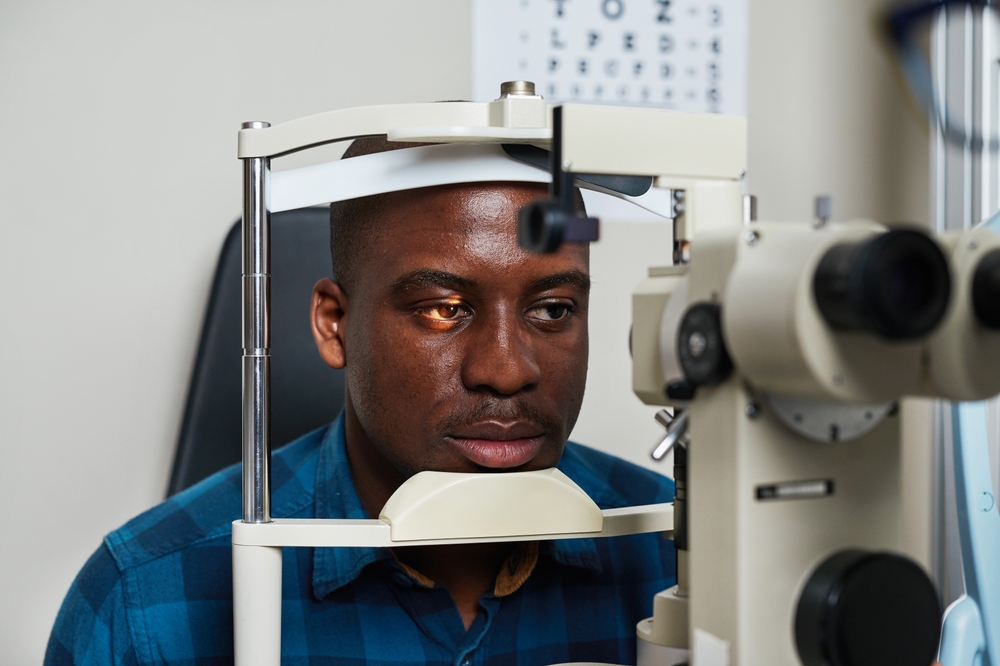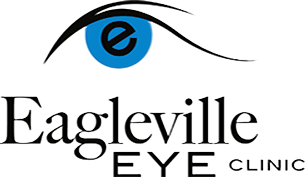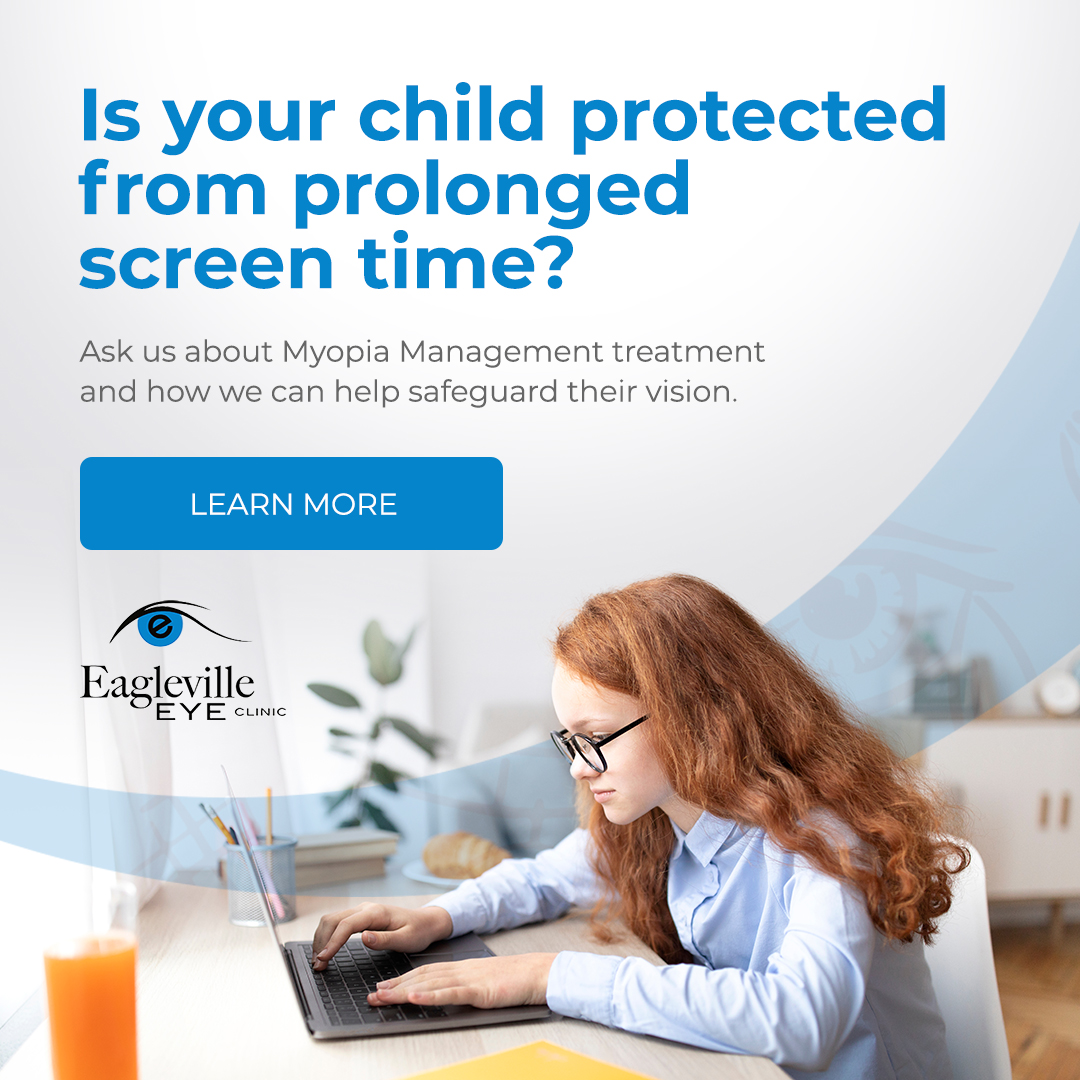
Diabetes can significantly impact eye health, increasing the risk of conditions like diabetic retinopathy, which can lead to vision loss if left untreated. The good news is that early detection and proactive management through regular diabetic eye exams can help preserve vision and prevent complications. At Eagleville Eye Clinic, we utilize advanced diagnostic technology to assess retinal function and detect early signs of disease.
The Link Between Diabetes and Eye Health
Diabetes affects the blood vessels throughout the body, including those in the eyes. Over time, high blood sugar levels can damage the tiny blood vessels in the retina, leading to diabetic retinopathy. This condition progresses in stages:
Mild Non-Proliferative Retinopathy – Early stage with small blood vessel changes.
Moderate to Severe Non-Proliferative Retinopathy – Increased damage with swelling and potential bleeding.
Proliferative Diabetic Retinopathy – Advanced stage where abnormal blood vessels grow, leading to severe vision impairment or blindness.
Why Regular Diabetic Eye Exams Are Essential
Even if your vision seems fine, diabetic eye exams should be a key part of your overall healthcare routine. These exams play a crucial role in preserving eye health and preventing complications associated with diabetes.
One of the primary benefits of regular diabetic eye exams is early detection of retinopathy. Diabetic retinopathy often develops without noticeable symptoms in its early stages. By identifying changes in the retina before vision is affected, eye care professionals can intervene sooner, reducing the risk of severe damage.
In addition to detecting retinopathy, these exams help with the early detection of other diabetes-related eye conditions, such as diabetic macular edema, glaucoma, and cataracts. Diabetes increases the risk of fluid buildup in the macula, leading to vision distortion, as well as optic nerve damage and early lens clouding, which can contribute to progressive vision loss. Identifying these conditions early allows for more effective management and treatment options.
Regular exams also help in the prevention of vision loss. Early interventions, such as lifestyle adjustments, medications, or laser treatments, can slow or even halt the progression of diabetic eye disease. Without timely care, diabetic retinopathy can advance to more severe stages, increasing the risk of permanent vision impairment.
The American Diabetes Association recommends that individuals with diabetes undergo a comprehensive eye exam at least once a year. However, some individuals may require more frequent exams depending on their risk factors and existing eye health conditions. Keeping up with these exams is essential for maintaining long-term vision and overall well-being.
Advanced Technology for Early Detection
At Eagleville Eye Clinic, we invest in state-of-the-art technology to improve patient outcomes. Electroretinography (ERG) is a highly effective diagnostic tool that measures retinal function by assessing the electrical responses of the retina’s light-sensitive cells. This non-invasive test helps detect retinal changes before they become severe, allowing for timely intervention and personalized treatment plans.
Protect Your Vision at Eagleville Eye Clinic
Your vision is too important to take for granted. We provide comprehensive diabetic eye exams using the latest technology, including ERG, to ensure early detection and effective management of diabetic retinopathy.
Schedule your diabetic eye exam with Eagleville Eye Clinic and take a proactive step toward protecting your vision for the future. Visit our office in Eagleville, Tennessee, or call (615) 274-2102 to book your appointment and experience advanced, patient-focused eye care.





